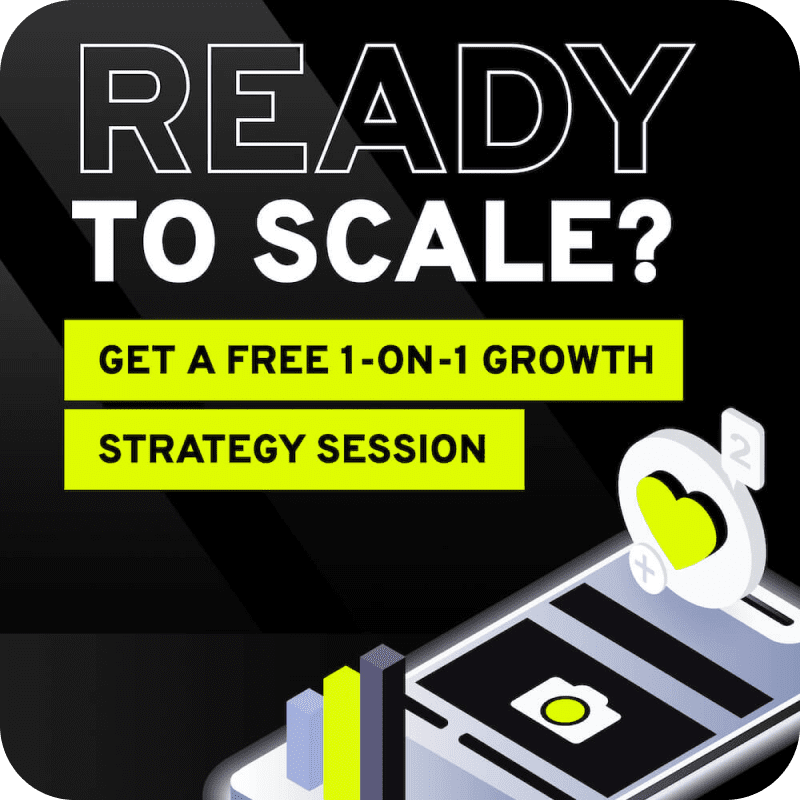When it comes to digital marketing, search engine optimization (SEO) is a key but complex strategy for businesses to drive traffic and visibility to their website. The two primary methods of SEO are organic search and paid search. In this article, we will explore the differences between the two, the benefits of each, and factors to consider when choosing which to use for your business.
Comparing Organic and Paid Search
Everywhere you turn, search engines have become an integral part of our lives. Whether you are looking for a new restaurant to try out or trying to find the best deals on a new pair of shoes, search engines provide us with the answers we need. However, not all search results are created equal.
What is Organic Search?
Organic search refers to the natural search results that appear on search engine results pages (SERPs) when a user types in a query. These results are ranked based on their relevance and authority to the user’s search terms. Organic search results cannot be directly influenced by paid advertising or promotion.
Organic search engine optimization (SEO) is the process of optimizing your website to rank higher in organic search results. This involves a variety of tactics, including keyword research, on-page optimization, and link building. By improving your website’s organic search rankings, you can increase your visibility and drive more traffic to your site.
One of the benefits of organic search is that it is a long-term strategy. While it may take some time to see results, the traffic you generate from organic search is typically more sustainable and cost-effective than paid search.
What is Paid Search?
Paid search, also known as pay-per-click (PPC) advertising, involves creating ads that appear at the top of search engine results pages based on selected keywords and audience targeting. Advertisers pay a fee every time someone clicks on their ad.
Paid search can be a great way to drive immediate traffic to your website. It’s also highly targeted, allowing you to reach specific audiences based on their search queries and demographics. However, it can be expensive, especially if you’re targeting highly competitive keywords.
Understanding the difference between organic and paid search is important for any business looking to improve their online presence. While both can be effective strategies, they each have their own unique advantages and disadvantages. By incorporating both organic and paid search into your overall digital marketing strategy, you can maximize your online visibility and drive more traffic to your website.
The Benefits of Organic Search
Organic search is a powerful tool that can help your business grow and succeed online. By optimizing your website for organic search, you can generate consistent, long-term traffic that can help you build trust and credibility with potential customers.
Cost-Effectiveness
One of the biggest advantages of organic search is its cost-effectiveness. Unlike paid search, there are no fees associated with appearing in organic search results. While it may require an investment in time and resources to optimize your website for organic search, the traffic it generates can provide reliable, long-term results. By creating high-quality content that is optimized for search engines, you can attract visitors to your website without having to pay for advertising.
Additionally, organic search can be a more sustainable strategy for businesses with limited budgets. While paid search can provide immediate results, it can also be expensive and unsustainable over the long term. Organic search, on the other hand, can provide a steady stream of traffic that can help your business grow and thrive over time.
Long-Term Results
A key benefit of organic search is its ability to provide long-term results for your business. Unlike paid search, which relies on ongoing advertising spend to maintain traffic levels, organic search can continue to generate website traffic over time.
Organic search is also less susceptible to algorithm updates that can negatively impact your visibility. While paid search relies on bidding for keywords and ad placement, organic search is based on creating quality content and building authority over time.
Building Trust and Credibility
Appearing in organic search results can help your business build trust and credibility with potential customers. Users are more likely to click on a website that appears organically, as they view these results as more trustworthy and authoritative.
One way to build trust and credibility with your audience is to create content that addresses their needs and interests. By providing valuable information and insights, you can demonstrate your expertise and establish yourself as a thought leader in your industry. This can help you attract new customers and retain existing ones over the long term.
Evergreen Content
One of the benefits of creating content for organic search is that it can be evergreen – meaning it remains relevant and valuable over time.
Evergreen content is content that is timeless and valuable to your audience. This can include how-to guides, tutorials, and other educational content that addresses common questions or challenges faced by your customers. By creating evergreen content that is optimized for search engines, you can attract visitors to your website and build a loyal audience over time.
Whether you’re a small business owner or a marketing professional, organic search should be an essential part of your online strategy.
The Benefits of Paid Search
Immediate Results
Paid search can provide immediate results for your business, as your ads will appear at the top of search engine results pages as soon as you start paying for them. If your business needs a quick traffic boost or is running a time-sensitive campaign, paid search can be an effective strategy.
Targeted Advertising
With paid search, you can target your ads to specific demographics, locations, and interests. This allows you to reach potential customers who are most likely to be interested in your products or services, which can result in a higher conversion rate.
Easy to Measure and Optimize
Paid search campaigns are easy to track and measure, allowing you to see exactly how many clicks, impressions, and conversions your ads are generating. This data can inform future campaigns and help you optimize your ads for better performance.
Increased Brand Visibility
By appearing at the top of search engine results pages, paid search can increase your brand visibility and recognition. Even if users don’t click on your ads, they will see your business name and become more familiar with your brand over time.
Factors to Consider When Choosing Between Organic and Paid Search
Your Business Goals
When choosing between organic and paid search, consider your business goals. If you need immediate results and are willing to invest in paid advertising, it can be a good option. If you have a long-term growth strategy and want to establish your business as an industry leader, organic search may be the better choice.
Your Target Audience
Consider your target audience and where they are most likely to search for products or services like yours. If they are active on social media or are more likely to click on ads, paid search may be the way to go. If they are more likely to research and compare options before making a purchase, organic search may be more effective.
Your Budget
Paid search can be more expensive than organic search, as you are paying for each click on your ad. Consider your budget and how much you are willing to invest in SEO to determine which strategy is best for your business.
Your Industry and Competition
Consider your industry and the level of competition for your keywords. If your industry is highly competitive, paid search may be necessary to break through the noise. If you have a niche audience and fewer competitors, organic search may be more effective.
Organic and paid search both have their advantages and can be effective strategies for driving traffic and visibility to your website. When deciding which to use for your business, consider your goals, target audience, budget, and industry competition. By evaluating these factors, you can make an informed decision that will deliver the best results for your business.
Unsure of where to begin in your Paid Search or SEO Journey? Contact us today and book your very own free strategy session with one of our dedicated marketing experts.


